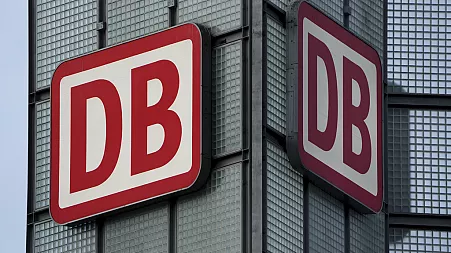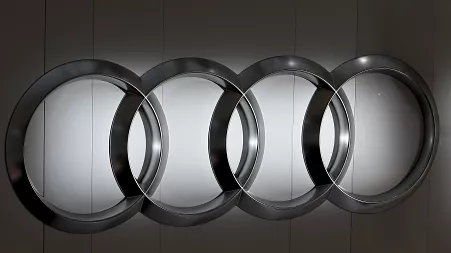Electricity producers have warned that decoupling the price of abundant and cheap renewable electricity from that of gas-fired power generation could discourage power companies from investing in clean technologies like wind and solar power, and rejected a charge of rent seeking.
Presenting his report on Monday, Draghi said the EU’s energy market had been designed when fossil fuels were the most important parts of the energy mix. “It’s not so any longer,” he said, noting that the price of gas still set the electricity price 60% of the time in 2022 although it only made up 20% of the generation mix.
“It’s a market that’s really dominated by vested interests [and] financial rents,” the Italian former prime minister and European Central Bank chief said. “All this boils down to the fact that we are not able to transfer the benefits of less costly energy produced by renewables to our consumers,” Draghi said.
The trade association Eurelectric reacted on Tuesday (11 September), voicing particular concern about Draghi’s suggestion in his report that electricity suppliers should be required to offer a “predefined minor share of their publicly subsidised” output to energy intensive industries at risk from overseas competition at “production cost plus mark-up” through power purchase agreements (PPAs).
“This approach represents a significant market intervention that risks discouraging investment in the electricity sector,” said Kristian Ruby, the group’s secretary general.
Related- Electricity firms seek huge investment support for distribution grids
Asked by Euronews why this should be the case if the electricity is not being sold at a loss, Ruby said: “Introducing regulated prices for parts of power production would be a substantial market intervention, which would no doubt impact how investors assess the sector vis-à-vis other potential investments.”
In response to Draghi’s insinuation of rent seeking by incumbent electricity suppliers, Ruby emphasised it was “essential” to ensure the electricity sector remains attractive to investors given its centrality in the transition away from fossil fuels.
“Draghi’s recommendation to progressively cover all renewables and nuclear with PPAs or [state-backed] contracts for difference should be approached with great caution,” he said. “A brute force move on this could seriously rattle the market and deter investors.”
Under current market rules, the spot price for wholesale electricity is set by the most expensive source in the mix at a given time, which usually means gas-fired power plants, regardless of how small a contribution they are making. The result is that prices can, and often do, soar even when wind and solar are feeding the bulk of power into the grid.
This became particularly acute as Russia’s undeclared war on Ukraine saw gas prices rocket when supplies from the east were squeezed – prompting governments to pour enormous amounts of public money into shielding households and the wider economy from electricity as well as gas bills – over half a trillion euros according to an analysis by the economics think tank Bruegel. It also forced the EU executive to instigate an overhaul of electricity market regulations.
Related- Ministers give green light to new electricity market rules
But although legislators agreed a raft of reforms – such as specifying when governments can intervene during future, sustained price spikes – the fundamental marginal pricing model remained in place, with the wholesale price set by the most expensive ingredient in the mix.
Another peculiarity of the wholesale market system is that prices can, and frequently do, fall below zero – notably on sunny and windy days when output from renewable sources surges. This means generators may actually pay industrial buyers or utilities to increase their consumption, especially if it is cheaper than stopping and restarting a power plant.
“The benefits of low-cost renewables are already being passed on to customers,” Eurelectric’s Ruby said. “The first half of 2024 saw more occurences of negative prices than ever before.”
Disclaimer: The copyright of this article belongs to the original author. Reposting this article is solely for the purpose of information dissemination and does not constitute any investment advice. If there is any infringement, please contact us immediately. We will make corrections or deletions as necessary. Thank you.



